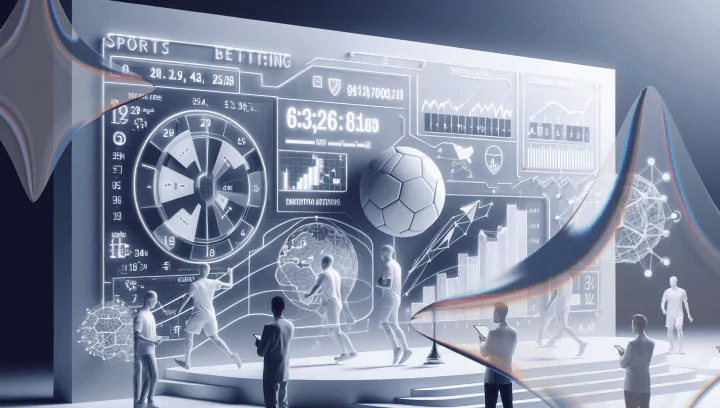
Game analytics is a critical component in the evolving world of video games, focusing on the collection and analysis of data from player behavior within games. By utilizing a variety of tools and quantitative measures, game analytics track events and behaviors during gameplay. The primary goal of game analytics is to capture and analyze data to provide actionable insights for developers, allowing them to refine gameplay experiences, improve player engagement, and inform business decisions.
At its core, game analytics aims to measure various in-game actions. A straightforward example could involve tracking the frequency at which players die at different levels of a game. This information could then be sent back to the developers, who may notice that certain levels result in an unusually high number of player deaths. This insight might suggest that a particular level is too challenging, leading to potential redesigns or adjustments to improve player experience.
The importance of game analytics cannot be understated. In the highly competitive video game industry, understanding how players interact with a game and responding accordingly is crucial for maintaining player interest and engagement. Game developers use these insights to refine gameplay mechanics, adjust difficulty levels, and optimize in-game events. By tracking player actions such as how often they win, lose, or abandon a game, developers can gain a deeper understanding of player behavior and make informed decisions on future updates and game designs.
One of the key aspects of game analytics is its reliance on behavioral data. This data comes from a variety of sources, including direct player actions, system performance, and in-game events. It provides a clear picture of how players are experiencing the game, from initial engagement to long-term retention. Behavioral analytics can track everything from the time players spend on each level to how they approach specific challenges, allowing developers to adjust game flow and progression based on real user feedback.
Moreover, game analytics can provide valuable insights into business decisions. The data collected is not only useful for improving gameplay but can also inform strategies around monetization, marketing, and community building. For example, by examining in-game purchasing patterns, developers can optimize virtual economies or tailor in-app purchases to increase revenue without negatively impacting player experience. Similarly, understanding which in-game events attract the most players can help shape future marketing efforts, target promotions, and event planning.
To achieve these insights, developers rely on a range of game analytics platforms. These platforms often include advanced tools that allow for the tracking of specific metrics, such as player retention, session length, and engagement rate. Additionally, more sophisticated platforms might offer real-time analysis, providing immediate feedback that can help developers fine-tune aspects of the game during its launch or post-launch phase.
In recent years, the use of game analytics has grown substantially, particularly as more developers embrace data-driven development practices. As the video game industry continues to evolve, the role of analytics will only become more important. With advancements in artificial intelligence (AI) and machine learning (ML), game analytics platforms are becoming increasingly sophisticated, offering deeper insights and more accurate predictions. For example, clustering game behavior data can help categorize different types of players, allowing developers to tailor the gaming experience to various player segments.
However, while game analytics is a powerful tool, it must be used responsibly. Developers must balance the collection of player data with ethical considerations regarding privacy and data protection. Ensuring transparency about data collection practices and providing players with control over their data are essential steps in maintaining trust and fostering a positive relationship between developers and players.
In conclusion, game analytics plays an essential role in modern video game development. By collecting and analyzing data about player behavior, developers can create more engaging and enjoyable gaming experiences. Game analytics not only improves gameplay but also informs business strategies, ensuring that games meet the expectations of players and generate lasting success in a highly competitive industry. As technology continues to advance, the potential for game analytics to transform the way games are developed and played is limitless.










